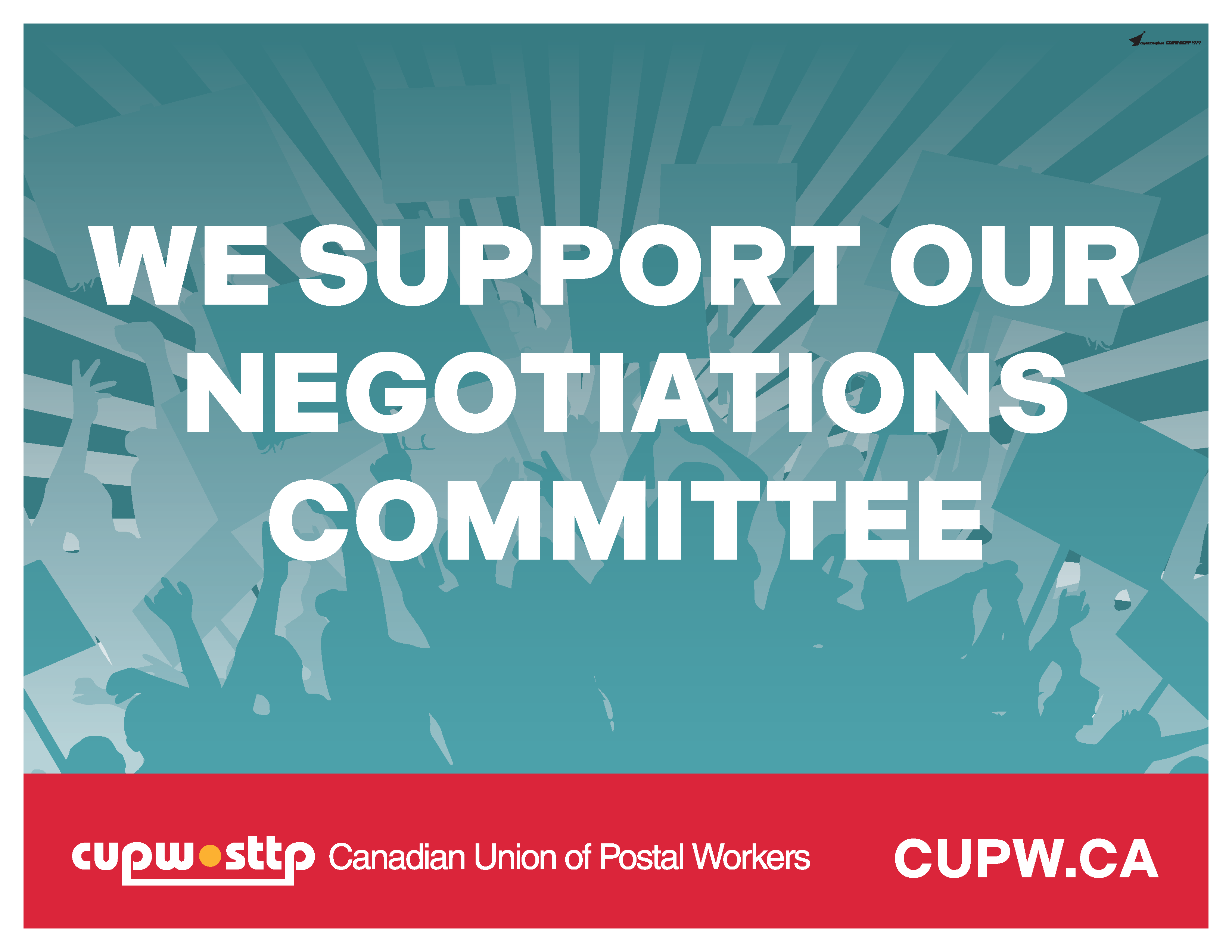
Thursday February 15 2024
A lengthy dispute
As part of the postal transformation, in order to gain in productivity and efficiency, the Corporation assigned commercial pickups to motorized letter carriers, a task previously performed by mail service couriers (MSC).
The contractual language of the LCRMS provides for this work to be evaluated according to Chapter 5 of the MSCWSS. However, Canada Post contends that it has no obligation to apply Chapter 5 of the MSCWSS to letter carrier routes involving commercial pickups.
In 2015, CUPW filed a national grievance to put an end to these violations. Local grievances were also filed. Following ten days of hearing from 2021 to 2023, we received the arbitrator’s decision dated February 8, 2024.
The decision
The arbitrator concluded that the grievance was well founded and that when the Corporation asks motorized letter carriers to carry out commercial pickups, it has an obligation to build the routes in compliance with all the provisions of Chapter 5 of the MSCWSS, as requested by the Union in its grievance.
This is a collective victory across the board, made possible by teamwork between all levels of the Union.
I’d like to thank the people at the local, regional and national levels who helped gather the evidence needed to demonstrate the violations across the country, and who made this victory possible.
The remedy
The arbitrator ordered the Corporation to comply with all the provisions of Chapter 5 of the MSCWSS.
These are outlined below:
- Establish a dedicated window for scheduled and on-demand commercial pickups for a defined geographical area (except when the time between pickup points is more than 45 minutes, two separate pickup windows will then be created).
- Only carry out scheduled or on-demand commercial pickups within this dedicated window.
- Assign on-demand commercial pickups to a route only when that same route also has scheduled commercial pickups.
- Allocate, for an on-demand commercial pickup, the average time value of the route’s scheduled pickups.
- Allocate unscheduled working time.
- Use a non-truncated 108 form as defined in Chapter 5 of the MSCWSS.
What to do with local grievances
Local grievances can now proceed based on the formal decision.
Local grievances must continue to be filed when our contractual language is not respected and when Canada Post fails to make the required corrections on routes with commercial pickups.
The struggle continues.
Martin Champagne
4th National Vice-President
